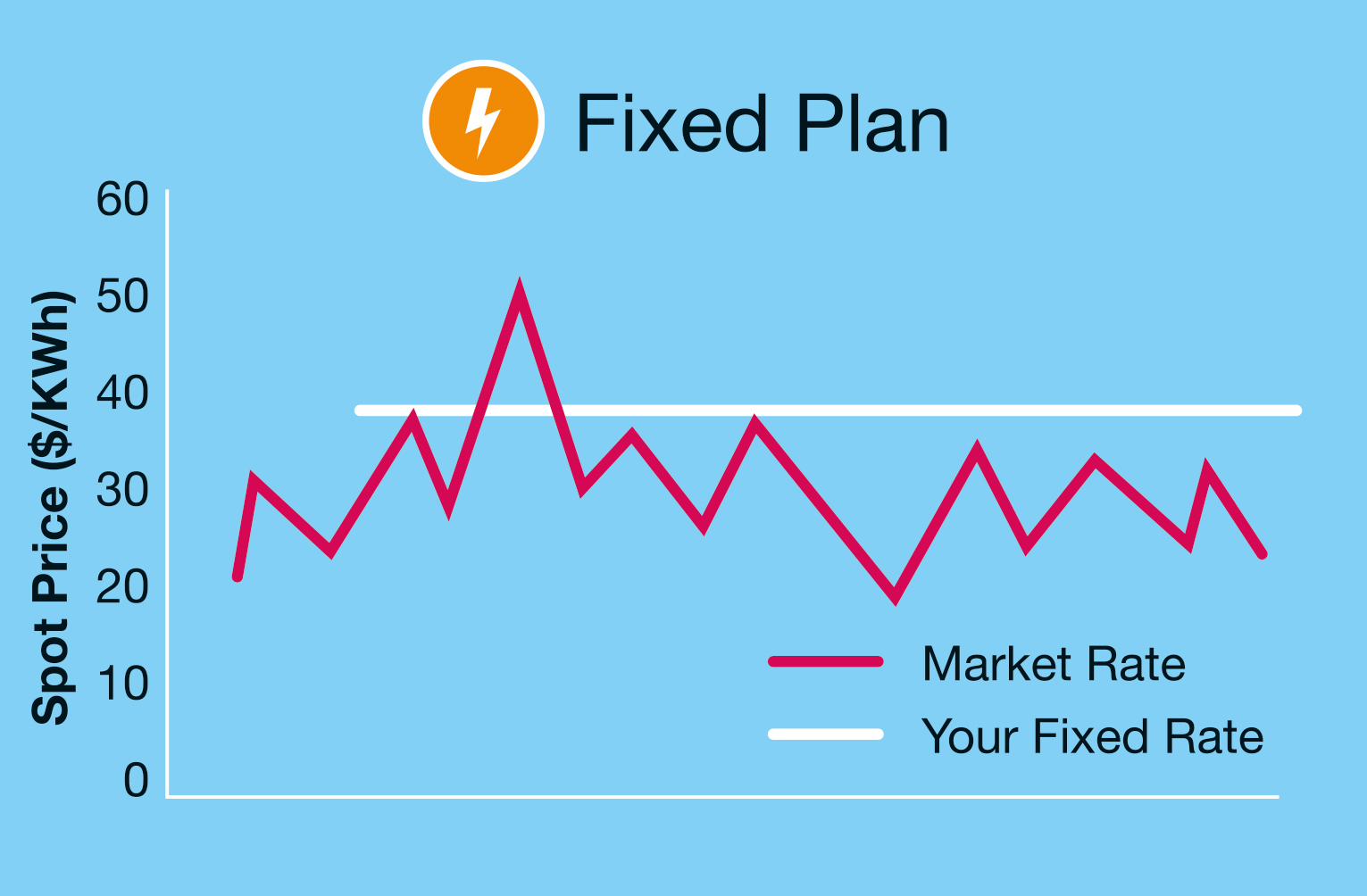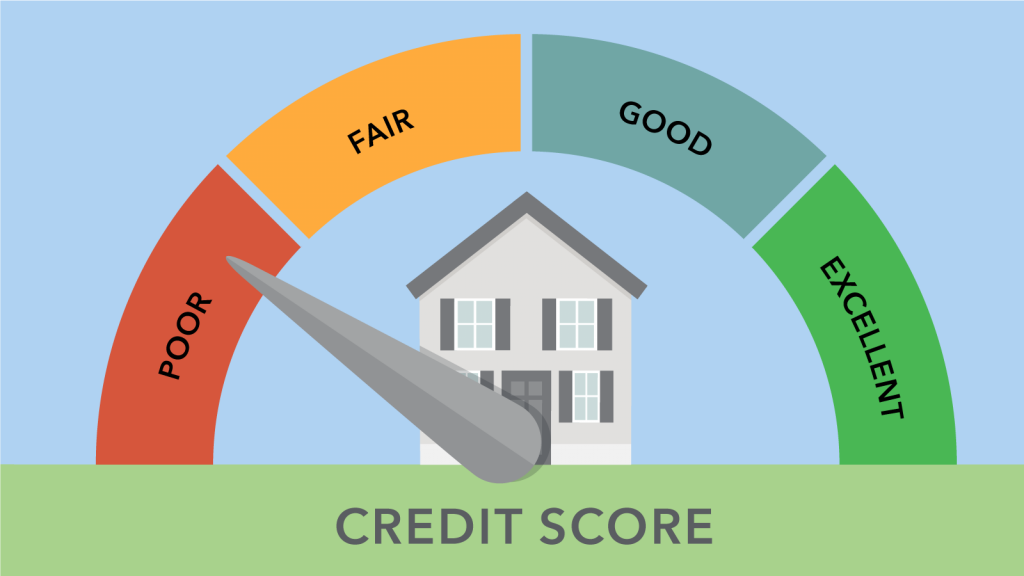
There’s an old saying that if something looks too good to be true, it probably is. Deregulation of Texas electricity has offered a wealth of opportunities for consumers to stretch their energy budgets and save money on electricity costs, but it also allows electricity companies to offer a confusing welter of plans and charges which may wind up costing a consumer more than expected. For example, consumers looking at a single company’s offerings in a single zip code may have to compare the benefits of 10 or more different electricity plans.
Sometimes, it’s a matter of deliberate misinformation. In any evolving consumer market, the temptations of bad business and outright fraud loom large. A bright new offer comes from an electricity company you’ve never heard of. They admit they’re new to the business, but their advertising is highly polished, and their terms look better than anything around.
Questions to Ask When Shopping For an Electricity Plan
Start with good old common sense. Ask around; if you’ve never heard of them, do they really have customers in the area? Are they listed with the Better Business Bureau? Call them and listen to their customer service with a critical ear. Do they answer, or are you greeted by an enthusiastic recording that asks for your contact info so someone can get back to you? Can they explain what you don’t understand or just tell you not to worry about details? Do they tell you they have to get back to you with answers to your questions? Are they offering incentives for signing up, but somehow never lay them out in detail? Can they send you information in the mail, or is that just for people who have signed up?
If you are concerned that you have been deliberately misled or defrauded by an electricity provider, you should contact the Texas State Public Utility Commission and the State Department of Consumer Protection for help. In this active a market, a few companies may play fast and loose.
Electricity Plan Terms Are Complex
More often, you are confronted with the confusion of a constantly changing, highly competitive market that encourages suppliers to be creative and innovative in providing services to consumers. In order to exercise the freedom of choice this market offers, consumers need to learn about the differences among electricity plans offered in their areas and be very clear about their individual utility needs.
Competing companies have no intention of cheating you, but presenting information clearly takes a lot of experience. Mastering the complexity of electricity plan terms is probably the biggest challenge most consumers experience when choosing an electric service provider. With 25 million people, 2,600 zip codes, hundreds of electricity companies and a rapidly growing population, getting everyone in Texas to communicate effectively is a mountainous task.
Features and Aspects of Plans That Are Easily Misunderstood
One way to tackle the problem of choosing an energy plan is to know ahead of time the features and aspects (of a plan) that are likely to be most easily misunderstood. Monthly billing is pretty much just that, like your other bills. So monthly billing, yes. Free electricity on the weekends is another matter. Really free? Well, yes–with an explanation. Fixed rates always stay the same? Yes—with an explanation. Knowing the terms and electricity plan types that are most often confusing will help keep you from being misled.
- Contract Term: Electricity plans have a time limit, which can range from as brief as 1 month to 2 years or more. Short-term plans sometimes offer great incentives—free time, rebates—but you should know what you can count on when those great incentives end. Is the contract renewable? Is the cost likely to be similar? Does the company have a Plan B—that is, are they suggesting that customers who like Free Electricity for 24 months prepare to move on to their similar, but less deeply-discounted 12-month-term plan? Or is the special offer so unique that you are stuck starting your search for bargain power all over again? While you are looking at contract terms, ask questions about contract-term costs. Is there a cancellation fee? For a renewable contract, are there any renewal fees? Get the whole picture now.
- Costs of Service: These are usually laid out in a clear format: charges per kilowatt hour with a choice of sample budgets, beginning at 500 and progressing to 1,000, 2,000 and more kilowatt hours per month. Your previous electric bills will give you some idea of how much electricity you are likely to use from month to month, and providing your possible new electricity supplier with your home’s square footage and any unique qualities of its location (full sun all day, deeply shaded lot in hilly terrain) can help them determine even more about your possible usage.
Types of Service Costs
Types of service costs are usually described as: fixed, indexed, variable, month-to-month and prepaid. Some service costs are waived for “free” weekends or nighttime service. “Fixed” costs provide the most predictable billing, and for most customers that means just paying the same amount month after month. Be aware, however, that companies will pass on any changes in taxes or administrative fees charged by regulatory authorities. Indexed or variable fees are a bit less predictable. The electricity company passes on to customers a share of the fluctuations in prices it pays for power. Spread over lots of customers, variations may be small, but noticeable.
Indexed plans are scaled in one of two ways. Your plan may reflect the direct relationship between what your provider pays for power and what you pay every month. “Indexed” is also sometimes used to describe plans which show you how your payment for the month compares with your payment history. Ask what kind of indexing your potential provider uses.
Customers paying month-to-month will notice the greatest fluctuations. Month-to-month electricity plans are where you usually find variable rates. They can be useful if you are planning to live somewhere for only a few months or spend a great deal of time traveling away from home. These electricity plans also offer access to reliable power to families with variable incomes and low credit scores. They are unlikely to require any deposit for service.
Electricity Plans Are Available For Low Credit Consumers
For customers with tight budgets, poor credit or low incomes, a way to stabilize the cost of electricity is to choose a prepaid electric plan. Again, this may be a no-deposit plan. It is, however, important to ask what options are offered if a month’s electric usage exceeds the amount for which you have already paid, whether it be additional payment, utility shutoff, or case-by-case negotiation. Since you will not be receiving a monthly bill on a prepaid plan, it is important to find out whether and how your supplier notifies you when you are coming close to using up your power allotment for the month.
One of the most appealing incentives to select a particular energy plan is the offer of “free” hours of usage. Usually, these hours are at night and over the weekends, hours of off-peak usage. For families who are home mostly at those times—a working couple with school-age children, for example—a plan with free hours can be a great money-saver. “Free” can, however, also be one of the most misleading features of electric costs. Look at plans with “free” features carefully, and compare them closely to other plans offered by the same electricity company. You will often find a higher charge per kilowatt hour for plans that include “free” electricity than the plans that charge the same rate 24/7. Take a hard look at your lifestyle before assuming that “free” is a money-saver for you.
Are There Any Overage Charges?
The other item that misleads some electricity shoppers is the issue of overages. The Electricity Facts Label for any energy company’s plans will assure you that prices quoted are sample charges, not absolutes. But there comes a time when your bill shows the realities. An important question to ask is what charges are likely to be if you exceed the anticipated scope of your monthly utility usage plan. Your monthly bill will reflect a rate based partly on the upper limit of your monthly usage, for example 12.0 cents for usage of 2000 kwh.
What happens if a string of snow storms or a prolonged heat wave pushes your month’s usage to 2150 kwh? It’s a particularly bad time to find out (after you’ve had to make repairs for ice damage or replace broiled shrubbery) that your entire usage has been recalculated at a higher—no, sky-high—rate because you needed more power. Looking ahead always makes planning more successful. Find out before you need to know what kinds of costs you may be facing.
Compare Electricity Plans to Save Money
By and large, the Texas electricity market is an exciting place to shop. Dynamic, innovative, competitive and creative. New ideas that work in Texas will serve as models for ambitious and growing energy companies in other states and countries. For the consumer, the key to saving money and getting great service is to compare rates from electricity plans and pay attention to the commotion rather than turn away. The market favors well-informed customers.
Fortunately, lots of information is available, and electricity companies are rapidly learning that they do best when their customers understand exactly what they are buying. With a little exposure, you will find that choosing an electricity provider is not as confusing as you feared. Ask questions until you hear the answers that suit your life and budget, and enjoy your new service.












That’s a good point that overages can really add on to the cost of electricity. I imagine a lot of people are misled by the fact that price quotes are samples and may not include the overage rates. If I were looking for an electricity supplier, I would want to make sure that the price quote includes the whole picture with all the different kinds of charges.
My sister and her husband will move to a different state that they have never been to before and they need to get all the services such as water, gas, and electricity. I like how you suggest comparing costs with different electric providers so that you can choose the one that you like the most. Thanks for sharing this article, I will share it with them so that they can be aware of these tips.